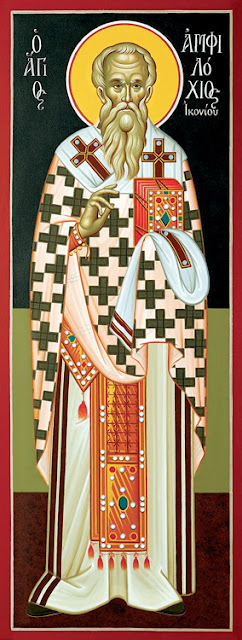Saint Andrew the First-Called Apostle was martyred in the Greek city of Patras, where the largest cathedral in Greece honors his name over the place he was martyred. He is celebrated annually on November 30, which coincides with the last day of autumn. For this reason, his celebration includes beliefs, fears, hopes and perceptions, customs and habits, with a magical, superstitious character. Saint Andrew is considered the patron saint of Nafplio as well, since the liberation of the city of Nafplio from the Turks took place on November 30, 1822.
The villagers of the mountains and plains fear the month of November, which is why they give it the name of Saint Andrew. The people in the Peloponnese and Epirus called the month of November "Aindria". In Kozani, Thessaly, Thrace and Sinope in Pontus, November is called "Andrias". In traditional Greek culture, it is customary for months to be named after a saint, as for example October is also called "Aidemitriatis".
The villagers of the mountains and plains fear the month of November, which is why they give it the name of Saint Andrew. The people in the Peloponnese and Epirus called the month of November "Aindria". In Kozani, Thessaly, Thrace and Sinope in Pontus, November is called "Andrias". In traditional Greek culture, it is customary for months to be named after a saint, as for example October is also called "Aidemitriatis".











































